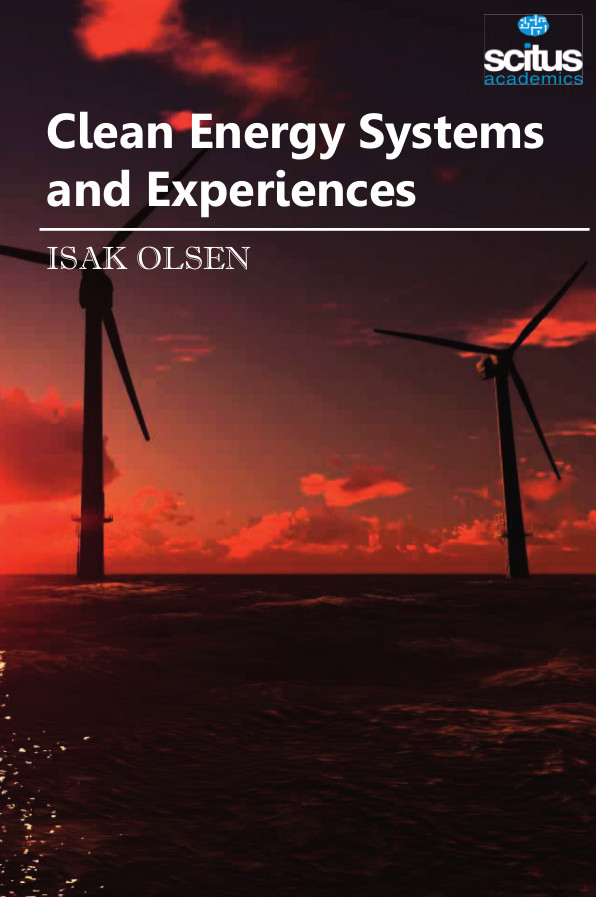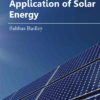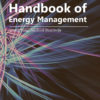Clean energy is heat and electricity produced from renewable sources, generating little or no pollution or emissions. These technologies provide clean, renewable sources of power from local sources of energy, which are sustainable over time rather than finite sources like traditional fossil fuels. Nearly every aspect of our daily lives – heating, lighting, cooking, communications, transportation, commerce – depends on electricity. Unfortunately, generating that electricity through the use of traditional fossil fuels can be economically and environmentally costly and a danger to public health. Electricity generated with fossil fuels, such as oil, coal or natural gas, releases into our air and waterways harmful particles into our air, including carbon dioxide, nitrogen oxides, sulfur dioxide, methane and mercury compounds. The clean energy industry generates hundreds of billions in economic activity, and is expected to continue to grow rapidly in the coming years. There’s a better, cleaner way to meet our energy needs. Renewable energy resources like wind and solar power generate electricity with little or no pollution and global warming emissions. Renewable energy resources exist over wide geographical areas, in contrast to other energy sources, which are concentrated in a limited number of countries. Rapid deployment of renewable energy and energy efficiency is resulting in significant energy security, climate change mitigation, and economic benefits. This book emphasizes on the latest developments and trends in “clean energy systems and experiences”.













